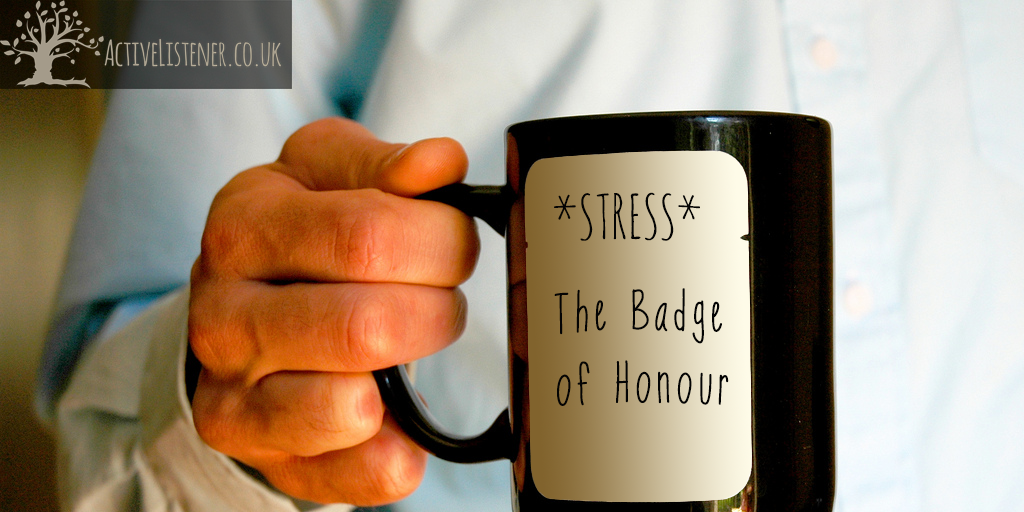Grief, Loss & Bereavement
Balloon Girl – Mural by Banksy
Grief, Loss & Bereavement
Balloon Girl – Mural by Banksy
Grief, loss and bereavement are just a few words used to describe the time we spend adjusting to loss. Most of us grieve when we lose something that is important to us, maybe a loved one or a relationship.
Some people describe feeling nothing, numb or empty after a loss and may not begin the process of grieving until weeks, months or even years later. And we will each experience loss in different ways and with different feelings.
Grief can feel unbearable, but it is important and necessary to help us heal.
“There is no growth without loss, there also is no loss without growth” – Elisabeth Kubler Ross
Stages of Grief
Kubler-Ross talks about the feelings and stages of loss that we all go through at our own pace;

Useful Resources
Samaritans – 116 123
http://www.samaritans.org/
The Silver Line – 0800 4 70 80 90
https://www.thesilverline.org.uk/
1. Denial
Some people describe grief as all-consuming, filling every part of their body and mind and the world can suddenly seem overwhelming and denying our loss can help us survive, help us to cope with carrying on through our day-to-day tasks.
2. Anger
We need to experience anger as part of the healing process and our anger could be directed in so many places; at the loved one for leaving us, at the doctors, at the family around. Underneath anger is pain, hurt and sadness ‘Why has this happened to me?!’ and anger gives us easy access to expressing those feelings.
3. Bargaining
‘How can I make it all right again?’, we can become lost in a sea of ‘What if…?’ and ‘If only…’. Maybe if I promise to be good everything can be back to how it was. ‘It’s all my fault, if only I had … everything would still be alright’.
4. Sadness/Depression/Apathy
When we realise that bargaining will not restore the loss we move squarely into the present and we begin to experience sadness as the grief enters our lives a deeper level. This is often the stage that some people believe ‘goes on too long’ or that they need to be ‘snapped of’, indeed people often say this to themselves. Experiencing sadness and allowing the grief in after all the stages of holding the loss at bay, is the beginning of acceptance.
How can counselling help?
5. Acceptance
People often confuse this stage with being ‘better’ or ‘over it’. Actually few people ever feel truly OK about great loss, but our lives begin to regrow around our loss. Acceptance may simply allow us to begin to function easier or to have more good days than bad and to begin to look forward again.
The process of grief is sometimes described as waves; when we first experience loss the waves seem huge, dangerous and all around. Over the days, months and years when we remember what we have lost we experience these waves of grief and each time they seem a little calmer than last but rarely do they go entirely.










